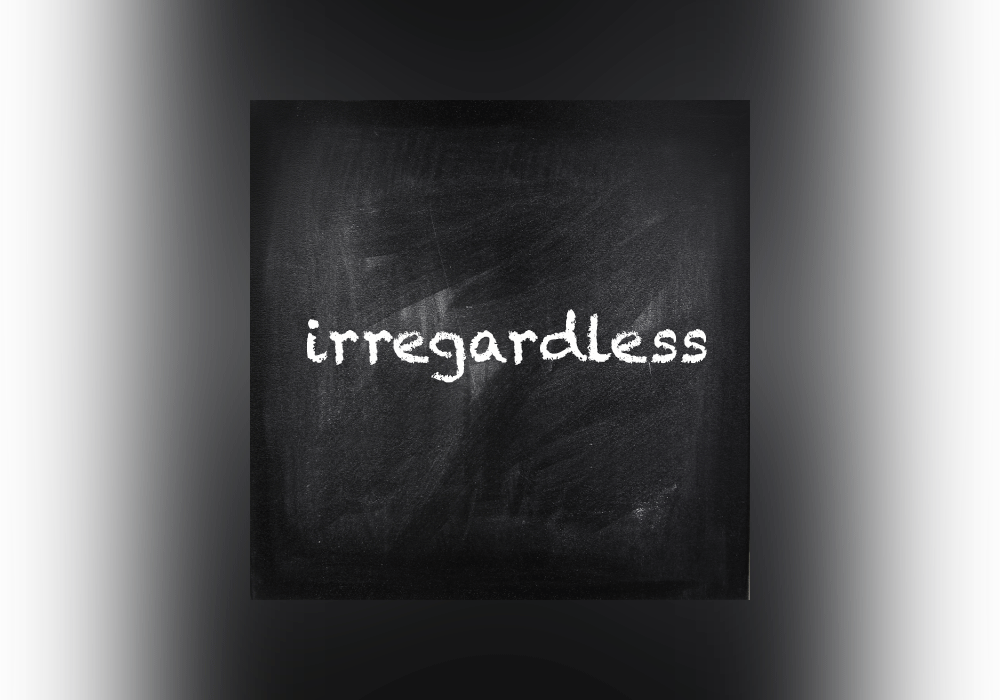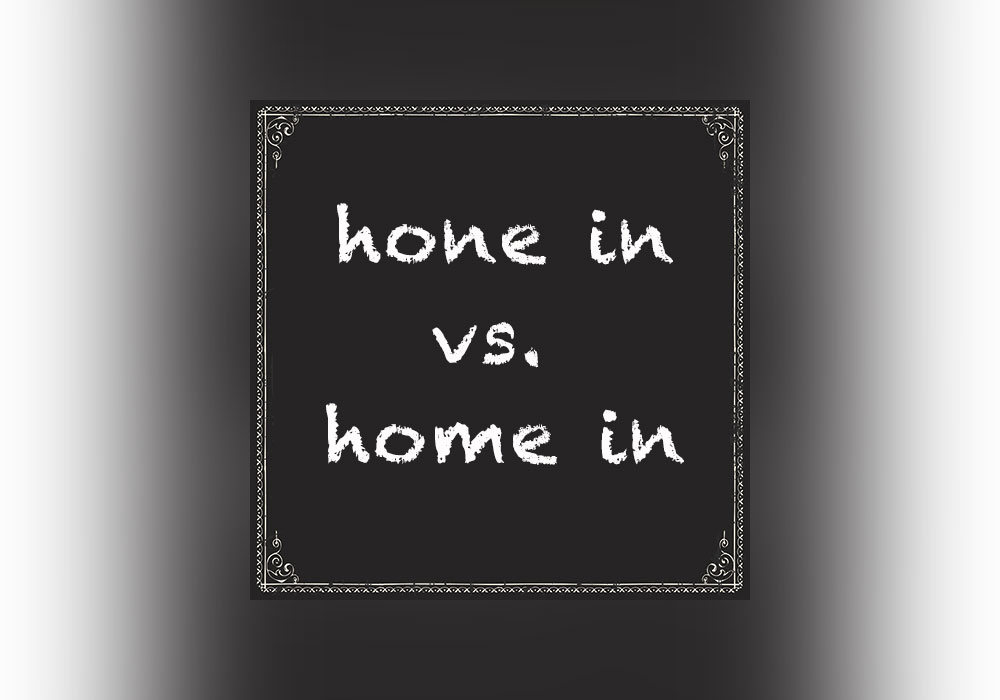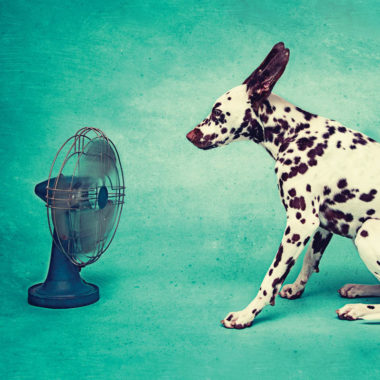“Bug” vs. “Insect”
We tend to use the word bug loosely for any very small creature with legs. However, a true bug is defined as belonging to the order Hemiptera. These creatures characteristically have tough forewings and lack teeth. True bugs have a stylet (a mouth shaped like a straw) that they use to suck juices from plants. Bugs are a type of insect, which belong to the class Insecta, and they are characterized by three-part bodies, usually …










